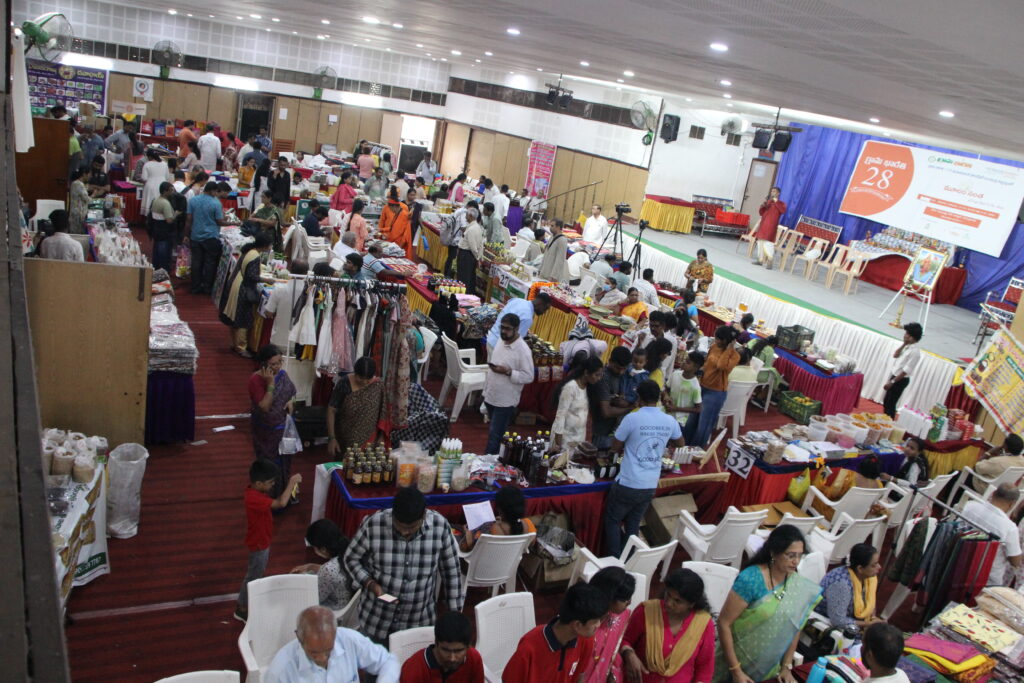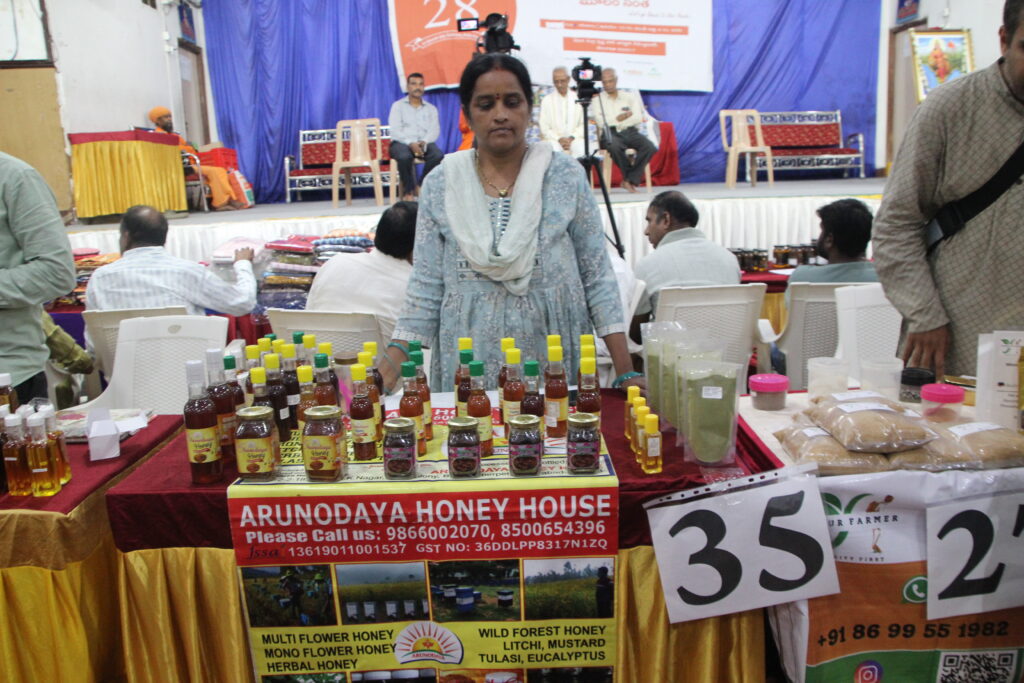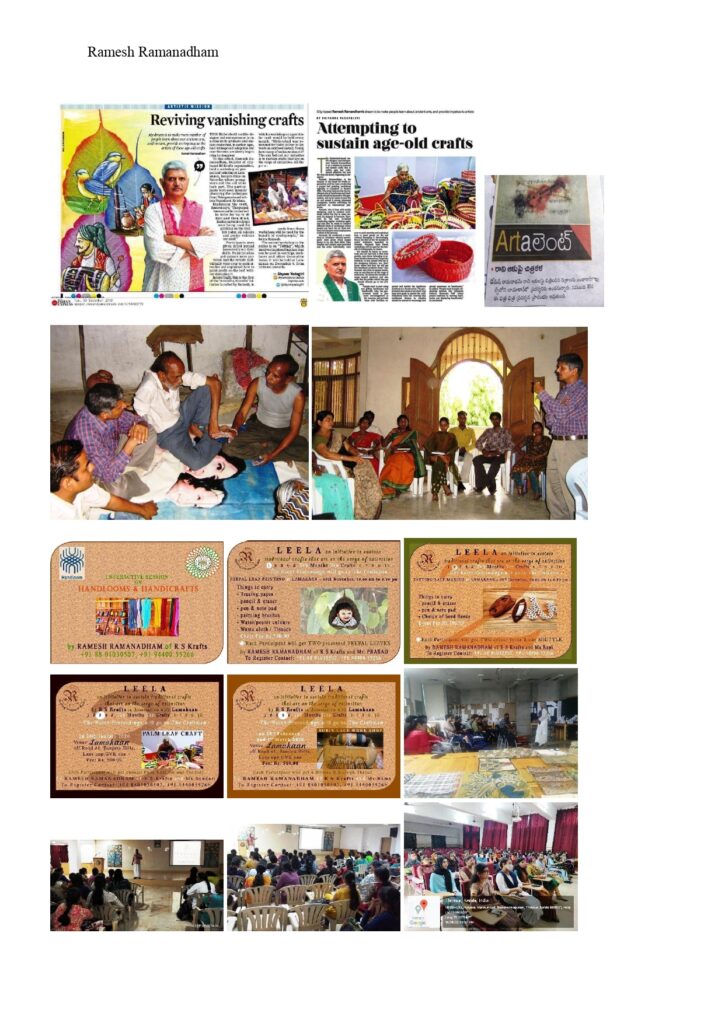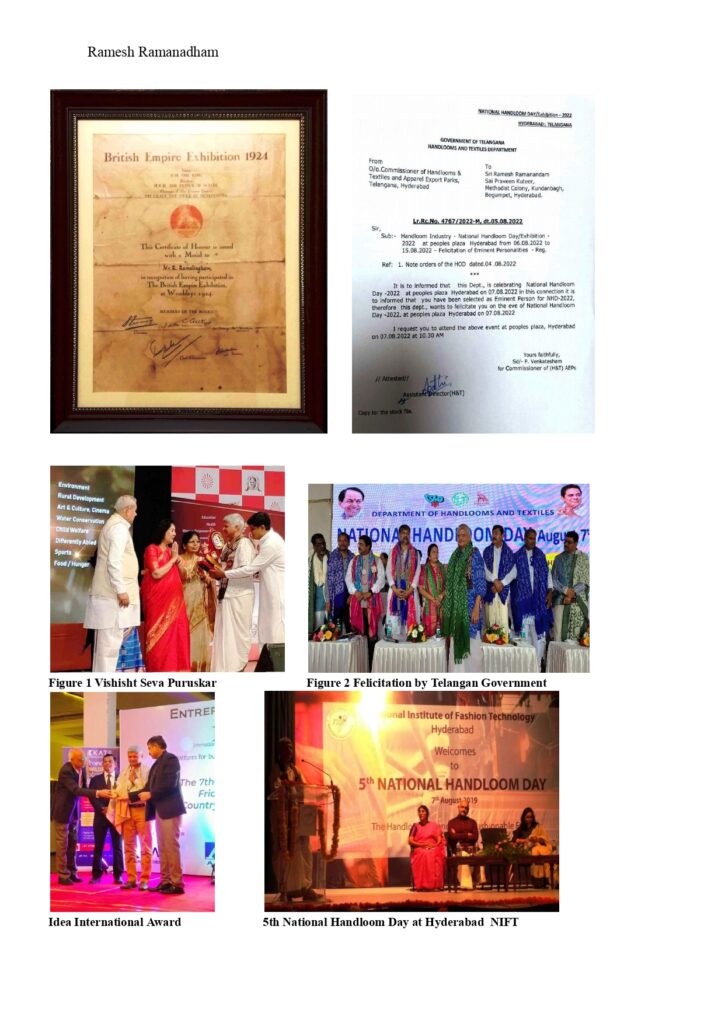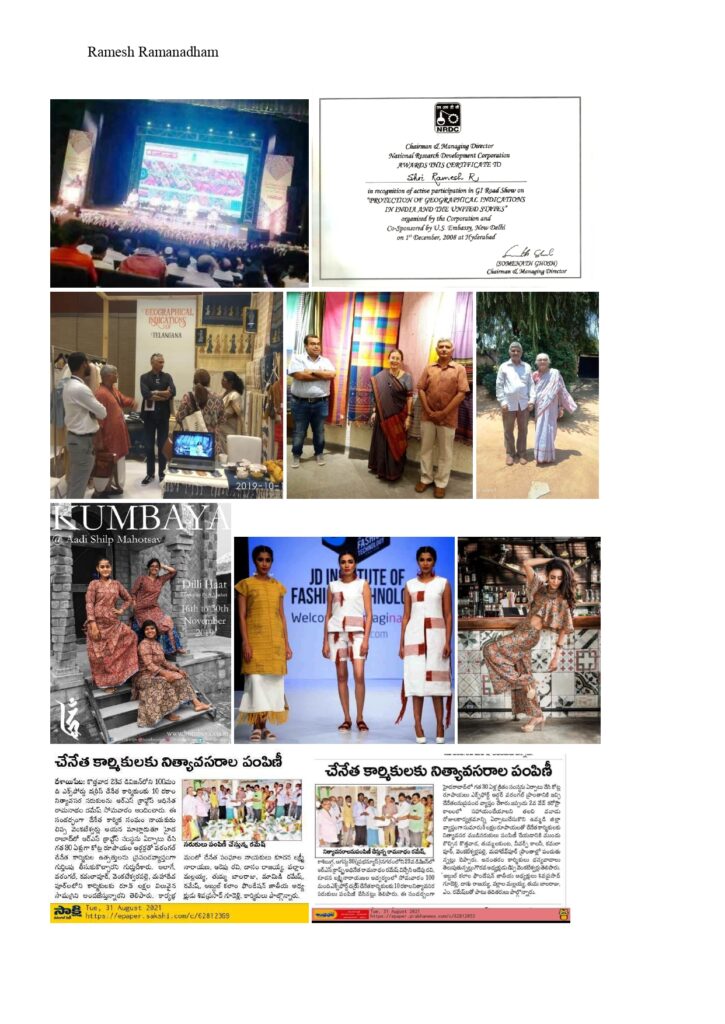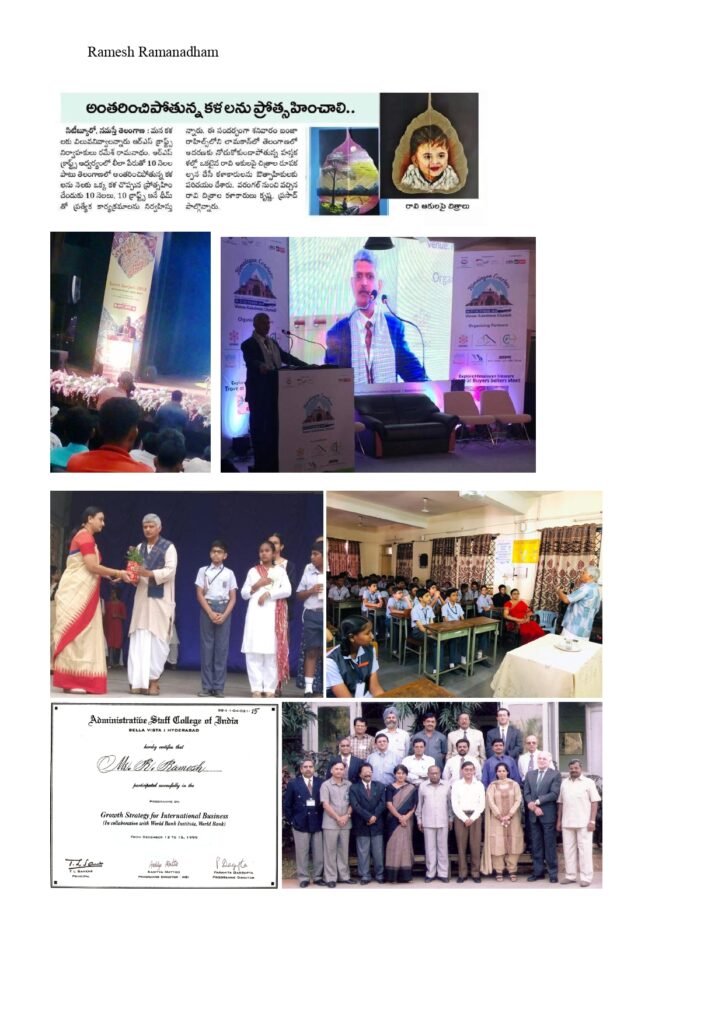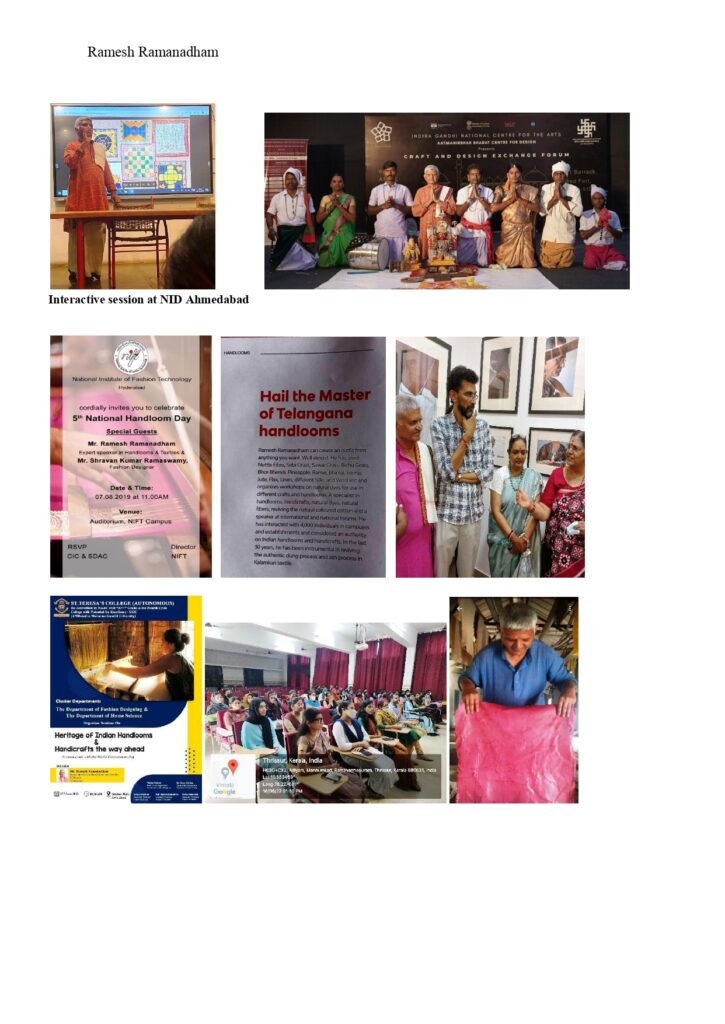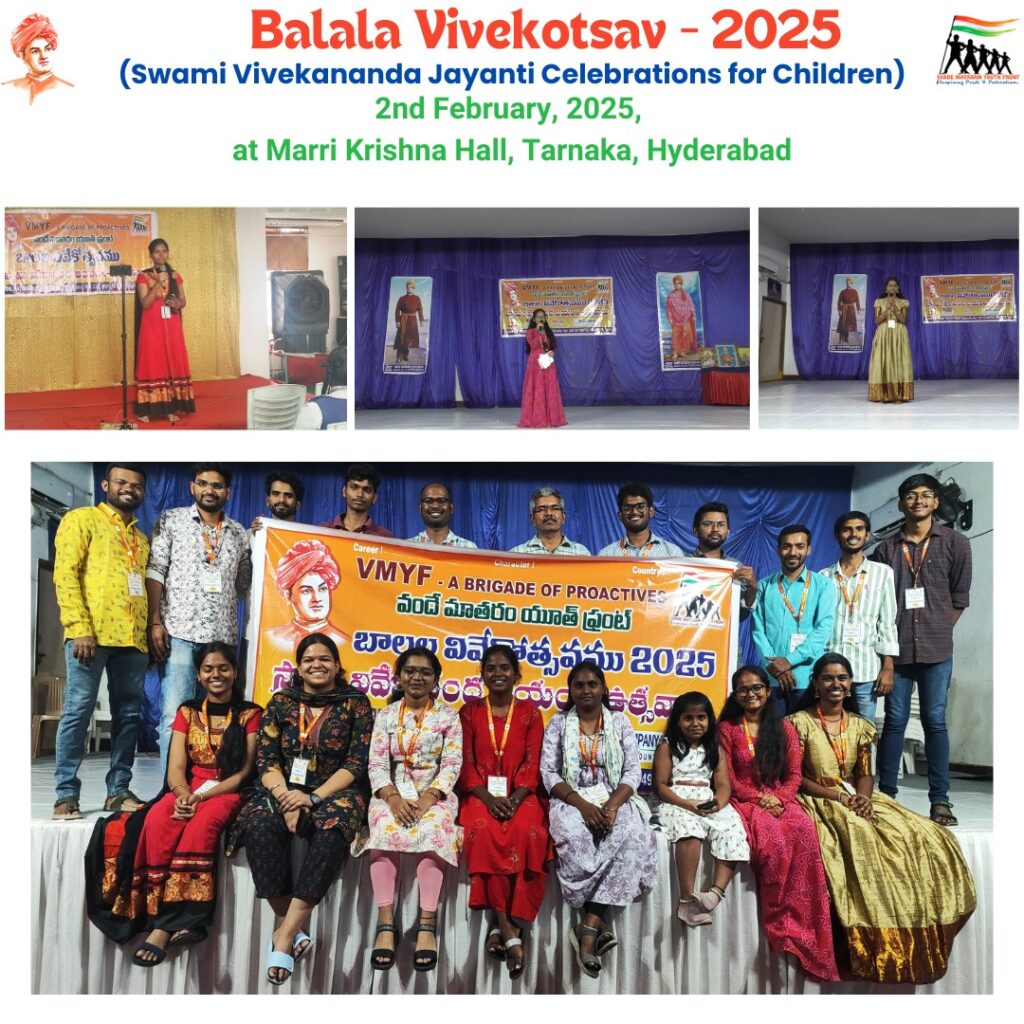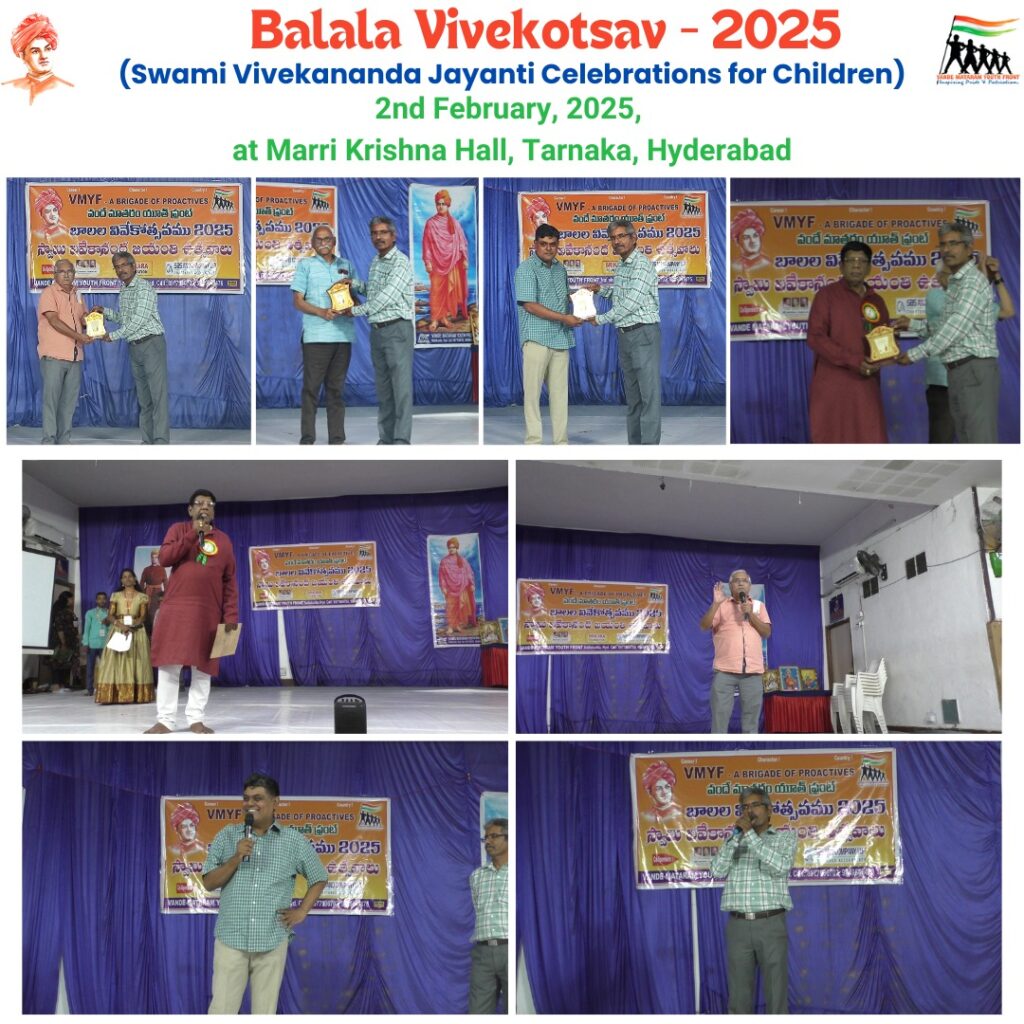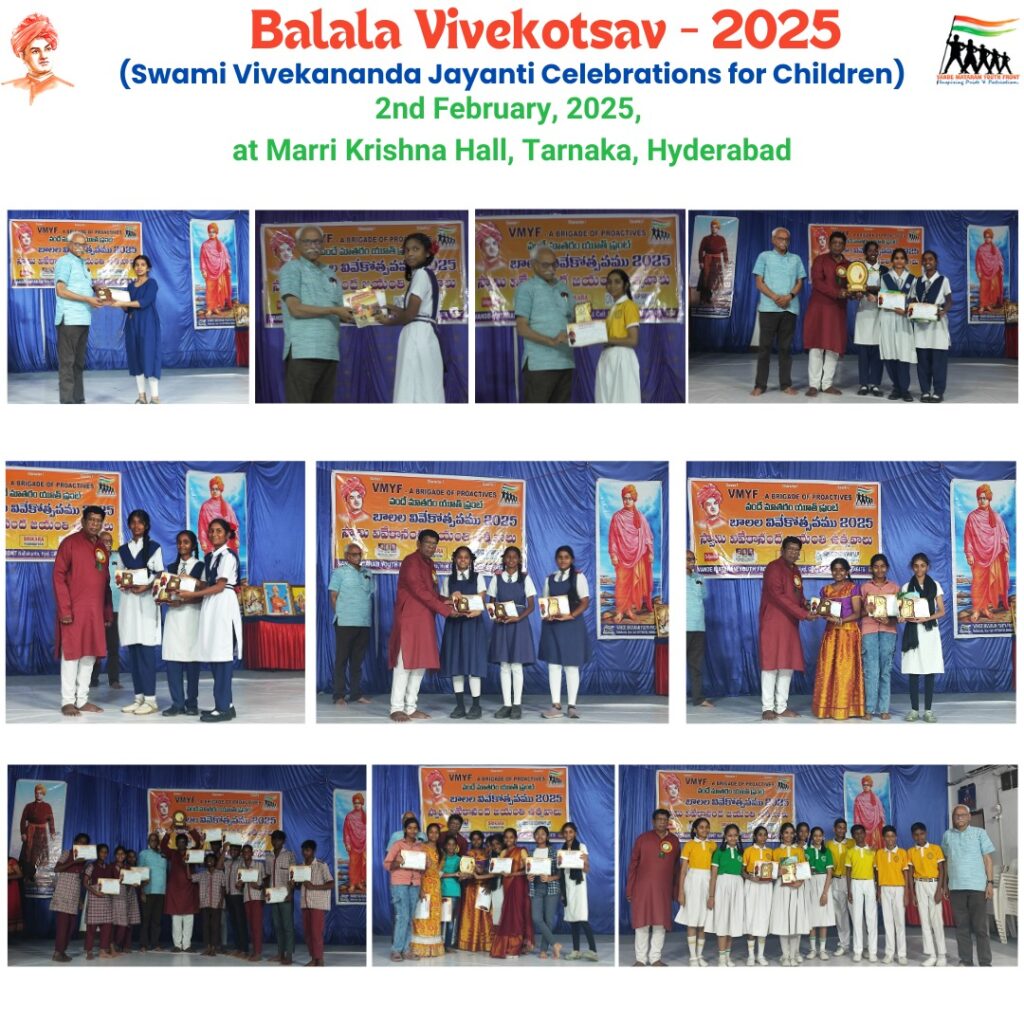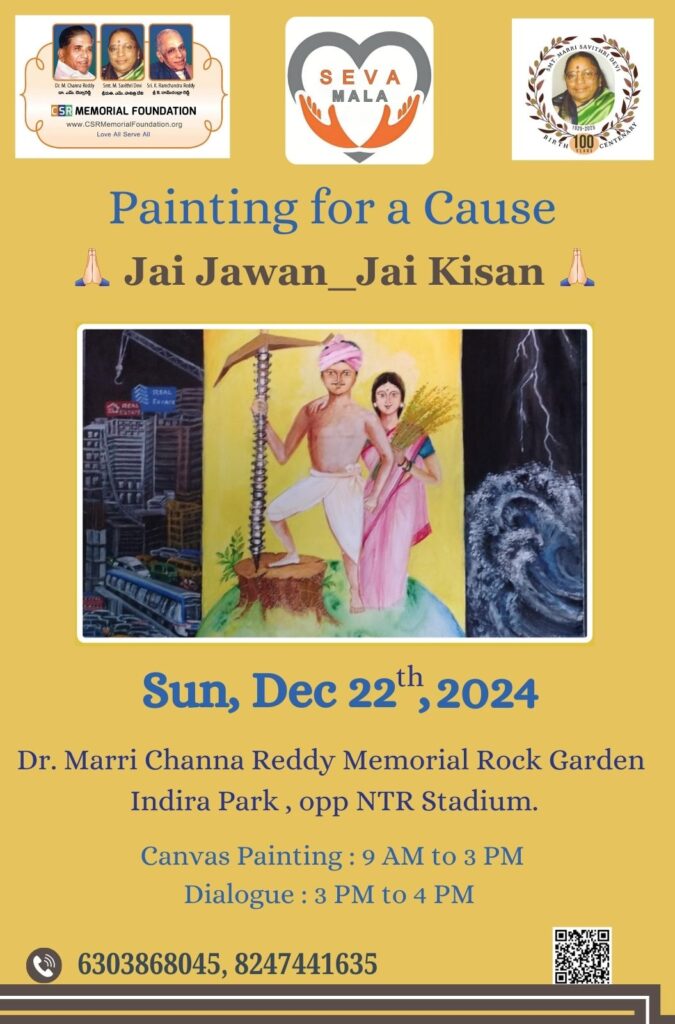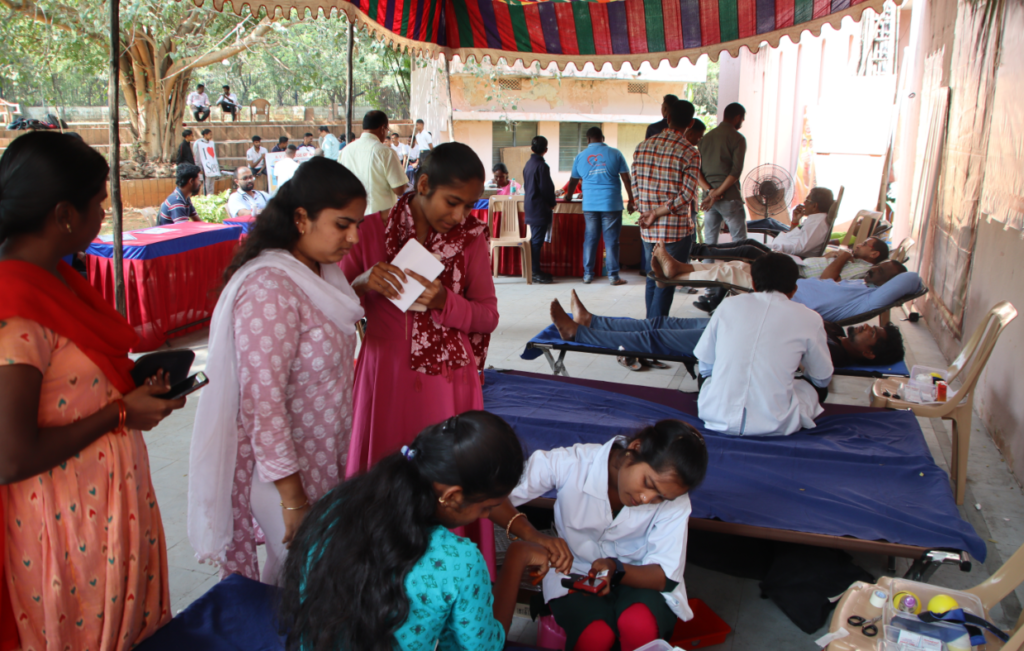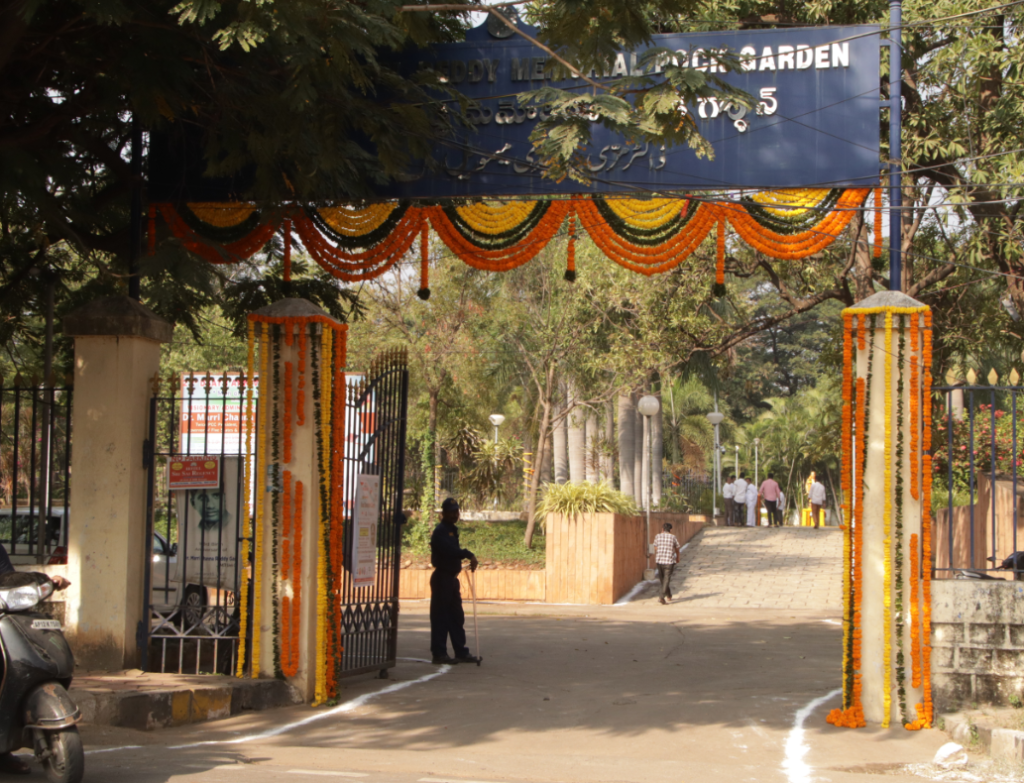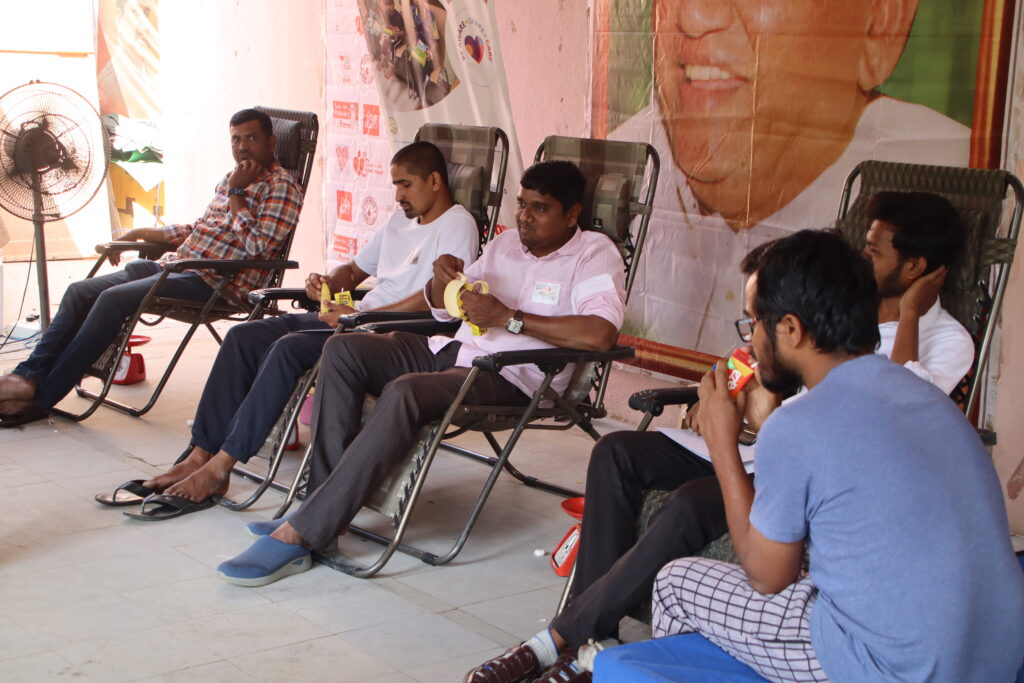🌿 12th Mulam Santha – 14-June-2025
Hosted by Grama Bharathi & CSR Memorial Foundation
📅 Date: 14th June 2025 (Second Saturday)
📍 Venue: Marri Krishna Hall, Tarnaka
🕙 Time: 10:00 AM to 7:00 PM
🌱 What is Mulam Santha?
Mulam Santha is a unique, monthly rural market celebrating India’s roots — promoting sustainable living, natural farming, and traditional livelihoods.
It is a space where farmers, artisans, handloom weavers, millet entrepreneurs, khadi promoters, and eco-conscious producers directly meet consumers.
🛍️ What to Expect This Time
✨ Highlights of the Santha:
- Organic Millets: laddus, murukkus, papads, traditional snacks
- Pure Cold-Pressed Oils (Ganuga)
- Bio-Enzymes, Panchagavya, Herbal Remedies
- Cow dung & Neem-based natural products
- Clay pots & eco-friendly terracotta jewelry
- Khadi & Handloom Sarees, “Gollabhama” Sarees, Natural Fabrics
- Desi Seeds, Medicinal Plants & Gardening Tools
- Handcrafted jute bags & household essentials
- Literature, folklore, cultural roots & craft communities
🎯 A true village-to-home market experience.
🍛 Special Farm-to-Table Lunch – ₹150 Only!
Enjoy a nutritious and delicious meal made with organic desi rice, rooted in tradition and packed with goodness.
🙌 Gratitude & Acknowledgement
We are proud to celebrate the 1st successful anniversary of Mulam Santha!
A heartfelt thank you to the incredible Badruka Volunteers for your continued support and effort.
🧭 Join the Movement – Go Back to the Roots
Bring your friends and family!
Reconnect with nature, tradition, and healthy living through this one-of-a-kind experience.
